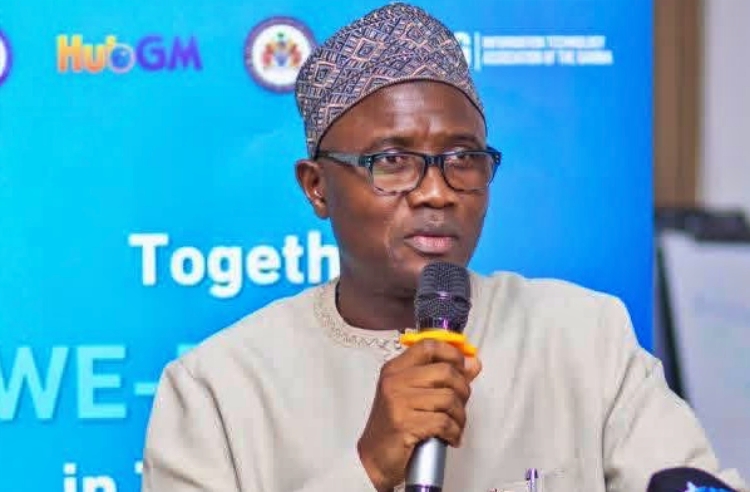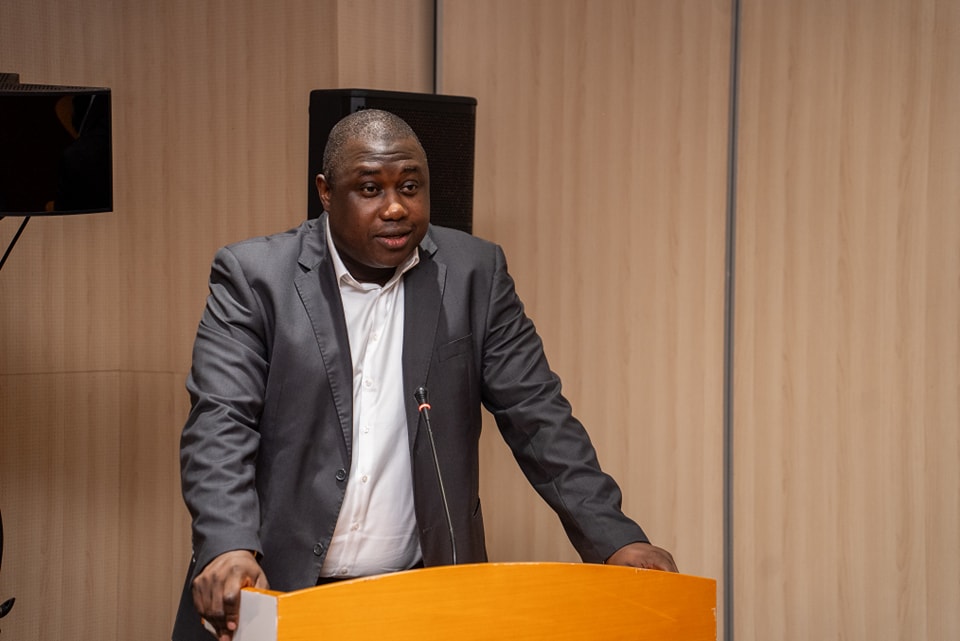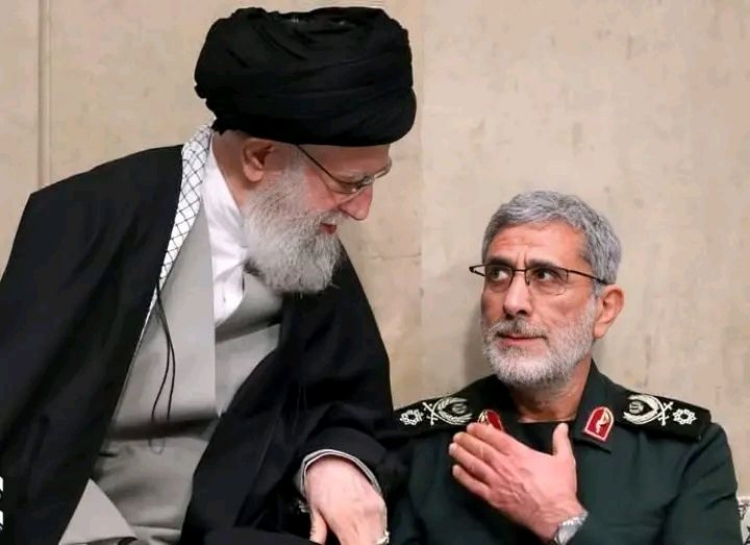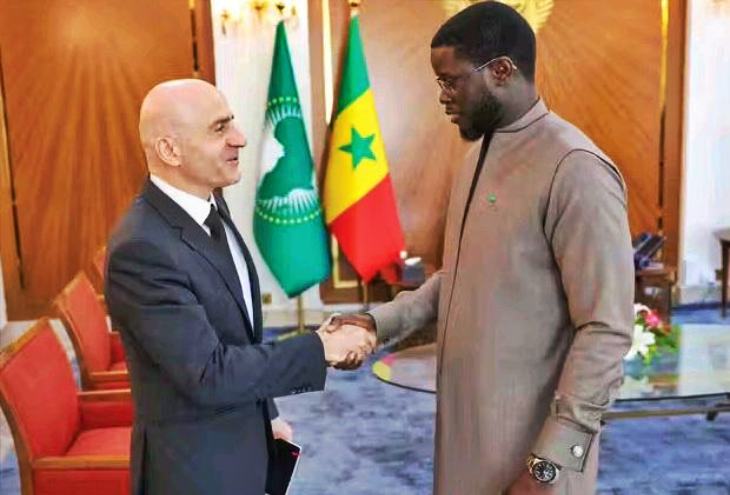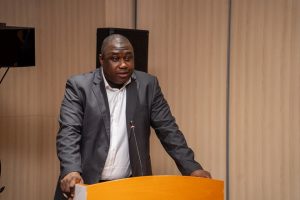Gambiaj.com – (Dakar, Senegal) – The International Monetary Fund (IMF) and the Government of Senegal have entered a new phase in their relationship, following months of tension triggered by revelations of large-scale misreporting in the country’s public finances.
An IMF staff mission led by Edward Gemayel visited Dakar from August 19–26, 2025, to discuss corrective measures after Senegal’s Court of Auditors confirmed in February that fiscal data had been misreported between 2019 and 2023.
The audit, reinforced by a reconciliation exercise conducted by Forvis Mazars, revealed that Senegal’s debt had been significantly understated.
The revision put central government debt at 111 percent of GDP at end-2023, up from the previously reported 74.4 percent, and at 118.8 percent of GDP by end-2024.
The disclosure strained trust between Dakar and the IMF, but the Fund has now commended Senegal for “its commitment to fiscal transparency and accountability” in confronting the problem. “We have had productive discussions with the authorities on corrective measures aimed at strengthening transparency in public financial management, ensuring reliable budget execution reports, and preserving fiscal sustainability,” Mr. Gemayel said in a statement.
During the mission, both parties agreed on a comprehensive set of reforms to address the systemic failures exposed by the misreporting scandal.
These include centralizing debt management functions, empowering the National Public Debt Committee, establishing a centralized debt database, strengthening budgetary commitment controls, consolidating bank accounts under the Treasury Single Account, and completing an ongoing audit of payment arrears.
The IMF said further discussions would continue before the case is presented to its Executive Board.
Despite the fiscal turbulence, Senegal’s economy has shown resilience. GDP growth accelerated to 12.1 percent year-on-year in the first quarter of 2025, driven by hydrocarbon production at the Sangomar and GTA fields.
However, non-hydrocarbon growth remains sluggish at 3.1 percent, weighed down by arrears in the construction sector and difficulties in chemical industries. Inflation stood at just 0.7 percent in July.
Looking ahead, Senegalese authorities have expressed interest in a new IMF-supported program aligned with the national Vision 2050 development strategy and the recently launched Economic and Social Recovery Plan.
The prospective program would rest on four strategic pillars: strengthening public financial management and budget transparency, supporting recovery in key sectors for inclusive growth, enhancing human capital and social equity, and bolstering resilience to climate shocks and natural disasters.
The IMF welcomed these priorities, describing them as essential to restoring confidence, stabilizing fiscal balances, and fostering sustainable growth.
During their weeklong stay, IMF officials met with Finance Minister Cheikh Diba, State Minister Ahmadou Al Aminou Lo, Government Secretary General Boubacar Camara, and other senior policymakers, as well as various stakeholders.



